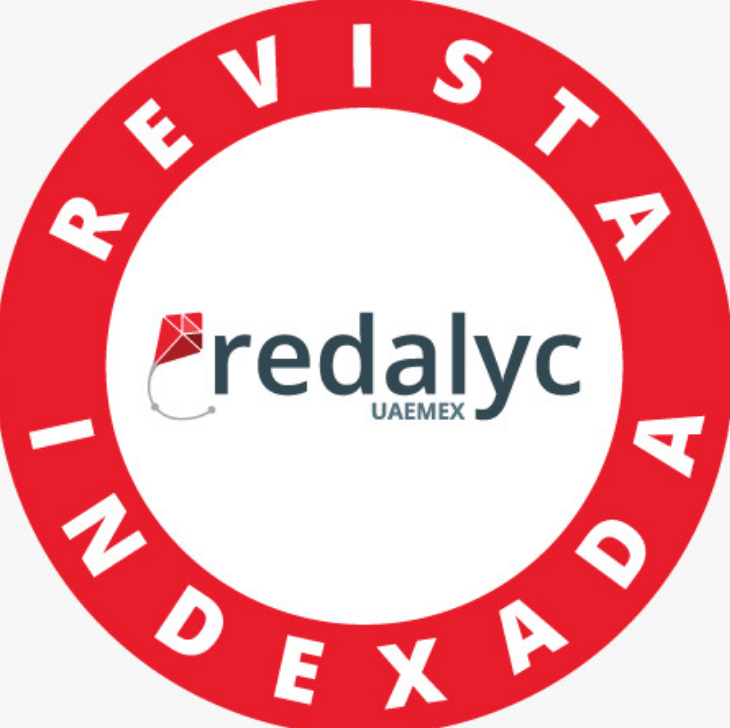The Middelware development for interconecting a mobile app with a legacy system
Keywords:
legacy systems, middleware, mobile app, Data security, reengineering, automated testsAbstract
The modernization of legacy systems is a complex process due to the limitations that they can present when facing of new trends and technologies. Systems such as the “Control Gerencial/Web” (CG/Web) software of the Ecuadorian company “Información Tecnológica del Ecuador S.A.” (“I.T. del Ecuador”) exemplify these challenges. The system architecture, source code, data management and possible bad practices applied are some aspects that engineers must consider when implementing updates of these systems. We develop the CGApp mobile application as a solution to the mobility needs of managerial users of the CG/Web system. However, the development was conditioned by the monolithic architecture of the legacy system, requiring the design and implementation of a middleware as a means of interaction between the mobile component and the elements of the CG/Web. Therefore, we need to perform a legacy system reengineering process, developing methods for data translation, applying security controls and redesigning screens to adapt them to a mobile environment. As a result, it was possible to integrate the mobile application with the legacy system, adding value to the project.
Downloads
Downloads
Published
Issue
Section
License
Copyright Notice
Authors who publish this journal agree to the following terms:
- Authors retain copyright and grant the journal right of first publication with the work simultaneously licensed under a Creative Commons Attribution-Non-Commercial-Share-Alike 4.0 International 4.0 that allows others to share the work with an acknowledgement of the work's authorship and initial publication in this journal.
- Authors are able to enter into separate, additional contractual arrangements for the non-exclusive distribution of the journal's published version of the work (e.g., post it to an institutional repository or publish it in a book), with an acknowledgement of its initial publication in this journal.
- Authors are permitted and encouraged to post their work online (e.g., in institutional repositories or on their website) prior to and during the submission process, as it can lead to productive exchanges, as well as earlier and greater citation of published work.
Disclaimer
LAJC in no event shall be liable for any direct, indirect, incidental, punitive, or consequential copyright infringement claims related to articles that have been submitted for evaluation, or published in any issue of this journal. Find out more in our Disclaimer Notice.











